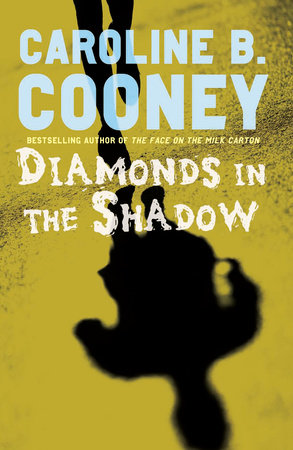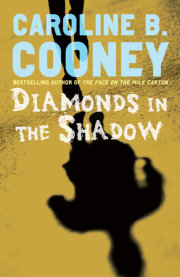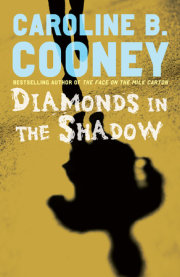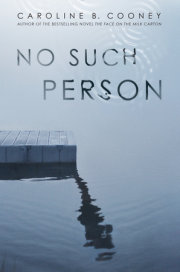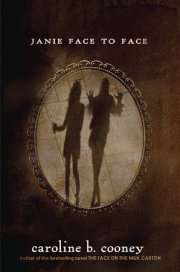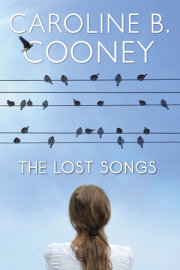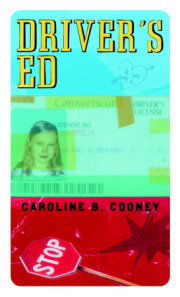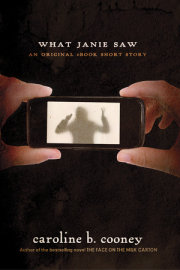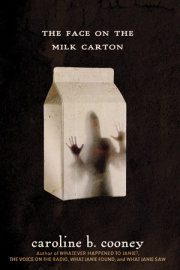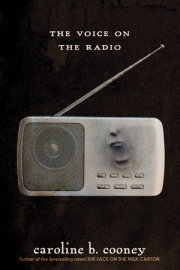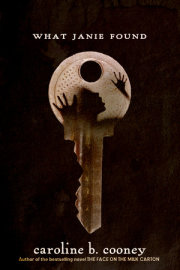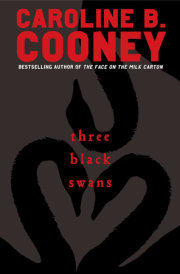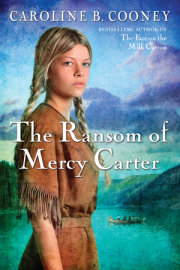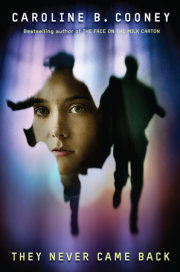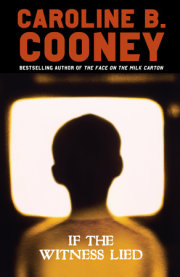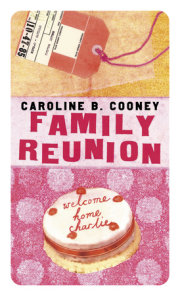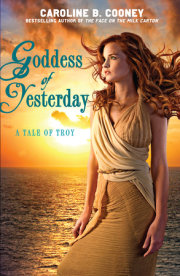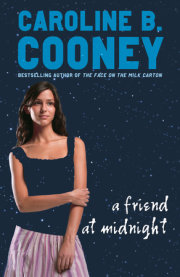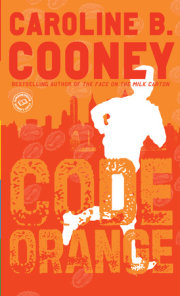Chapter One
IN AFRICA, FIVE PEOPLE GOT on a plane.
In America, twelve people attended a committee meeting at the Finches' house. This was not unusual, but Jared Finch didn't see why he was required to attend.
Like all the causes Jared's mother and father took up--raising a zillion dollars for a church addition or tutoring grown-ups who couldn't read--bringing refugees from Africa was completely not of interest to Jared.
His mother and father seemed to be avoiding his eye, and even staying on the far side of the room. Even more suspicious, when the minister finished his opening prayer, he said, "Jared and Mopsy, thank you for coming."
Everybody beamed at Jared and Mopsy. Twelve adults were grateful to have the most annoying little sister in Connecticut at their meeting? Smiling at Jared, who prided himself on being a rather annoying teenager?
"The apartment we found for our refugee family fell
through," Dr. Nickerson told the committee. "We don't have a place for them to live and the four of them are arriving
tomorrow."
Jared Finch could not care less where some refugee family lived.
"Drew and Kara Finch have generously volunteered to take the family in," said Dr. Nickerson.
The room applauded.
Jared stared at his parents in horror. The refugees were coming here?
His little sister, a mindlessly happy puppy of a kid, cried out in delight. If Mopsy had ever had an intelligent thought in her life, she kept it to herself. "Yay!" cried Mopsy. "It'll be like sleepovers every night."
Jared gagged.
"You see, Jared, we have a lovely guest suite," said his mother, as if he didn't live here and wouldn't know, "where the parents can stay and have their own bathroom."
This implied that there were kids who would not be staying in the guest suite. So they would be staying where, exactly?
"Your room and Mopsy's are so spacious, Jared darling," his mother went on. "And you each have two beds, for when your friends spend the night. And your own bathrooms! It's just perfect, isn't it?"
Jared's mother and father had volunteered his bedroom for a bunch of African refugees? And not even asked him? "I'm supposed to share my bedroom with some stranger?" he demanded. Jared did not share well. It had been a problem since nursery school.
Mrs. Lane, a woman Jared especially loathed, because he was fearful that Mopsy would grow up to be just like her--stout and still giggling--said excitedly, "That's why your family's offer is so magnificent, Jared."
Jared figured her last name was actually Lame.
"You will guide and direct young people who would otherwise be confused and frightened by the new world in which they find themselves," cried Mrs. Lame.
She definitely had somebody else in mind. Jared did not plan to guide and direct anybody. Jared's bedroom was his fortress. It had his music, his video games, his television and his computer. It was where he made his phone calls. As for Africa, Jared knew nothing about the entire continent except what he'd seen on nature shows, where wild animals were always migrating or else eating each other. But about Africans themselves, aside from the occasional Jeep driver, TV had nothing to say. And there was always more important stuff on the news than Africa, like weather or celebrities.
Jared would be forced to hang out with some needy non-English-speaking person in clothes that didn't fit? Escort that person into his own school? Act glad? "I decline," said Jared.
"The church signed a contract, Jared," said Dr. Nickerson. "We are responsible for this family."
"I didn't sign anything," said Jared. "I don't have a responsibility."
The committee glared at Jared.
Jared glared right back. They weren't volunteering to share their bedrooms. No, they could force two handy kids to do it. "My sister and I are the only ones who actually have to do any sharing? You guys get to contribute your old furniture or worthless televisions that you didn't want anyway for when these guys get their own place, but meanwhile Mopsy and I have to take them in?" He hoped to make the committee feel guilty. Everybody did look guilty but also really relieved, because of course they didn't want to share a bedroom either.
"It'll be so wonderful!" cried Mopsy, hugging herself. "Is there going to be a girl who can be my best friend?"
It was getting worse. People would expect Jared to be best friends with this person who would invade his life. "What went wrong with the rental?" asked Jared, thinking he would just kill whoever was
getting the apartment, thus freeing it up again for these refugees.
"The owner's eighty-year-old grandmother, who's blind, is moving in with her caregiver."
Oh, please. That was such a lie. How many eighty-year-old blind grandmothers suddenly had to move in with their caregiver? The owners were probably remodeling so they could sell the place for a million dollars instead.
"What are we supposed to do, Jared?" asked Dr. Nickerson in his most religious voice. "Abandon four people on the sidewalk?"
They'd been abandoned anyway; that was what it meant to be a refugee. Jared opened his mouth to say so, but a movement from his father caught his eye. Dad was sagging in his chair, deaf and blind to the meeting. Having a family of refugees in the house probably wasn't his choice either; Mom had saddled him with it. He wasn't on this committee, and the last committee on which Dad had served had gone bad. His co-chairman had turned out to be a felon and a bum. But Jared had more important things to worry about right now. "How long are these guys supposed to live here?" he demanded.
"We don't know," admitted the minister. "This is an expensive town. We're going to have trouble finding a low-cost rent for people earning minimum wage. We probably found the only place there is, and now it's gone. We'll have to look in the cities nearby--New London, New Haven. And probably in bad neighborhoods. It's a problem we didn't anticipate."
Jared never prayed, because the idea of a loving God seemed out of sync with the facts of the world. Nevertheless, Jared prayed now. Please, God, don't let there be a boy in this family. Make Mopsy do all the sharing. I can squeeze my extra twin bed into her room. I'll even move it cheerfully. "What do we know about these guys?" he said.
"Very little." Dr. Nickerson waved a single sheet of paper. He handed it to the person sitting farthest away from Jared, ensuring that Jared would be the last to know the grim truth. "That's why we've gathered here tonight. Let me introduce our representative from the Refugee Aid Society, Kirk Crick."
What kind of name was that? It sounded like a doll Mopsy would collect. And what was up with Kirk Crick that he couldn't even photocopy enough pages for everybody to have one? It didn't exactly give Jared faith in the guy's organizational skills.
Copyright © 2007 by Caroline B. Cooney. All rights reserved. No part of this excerpt may be reproduced or reprinted without permission in writing from the publisher.

